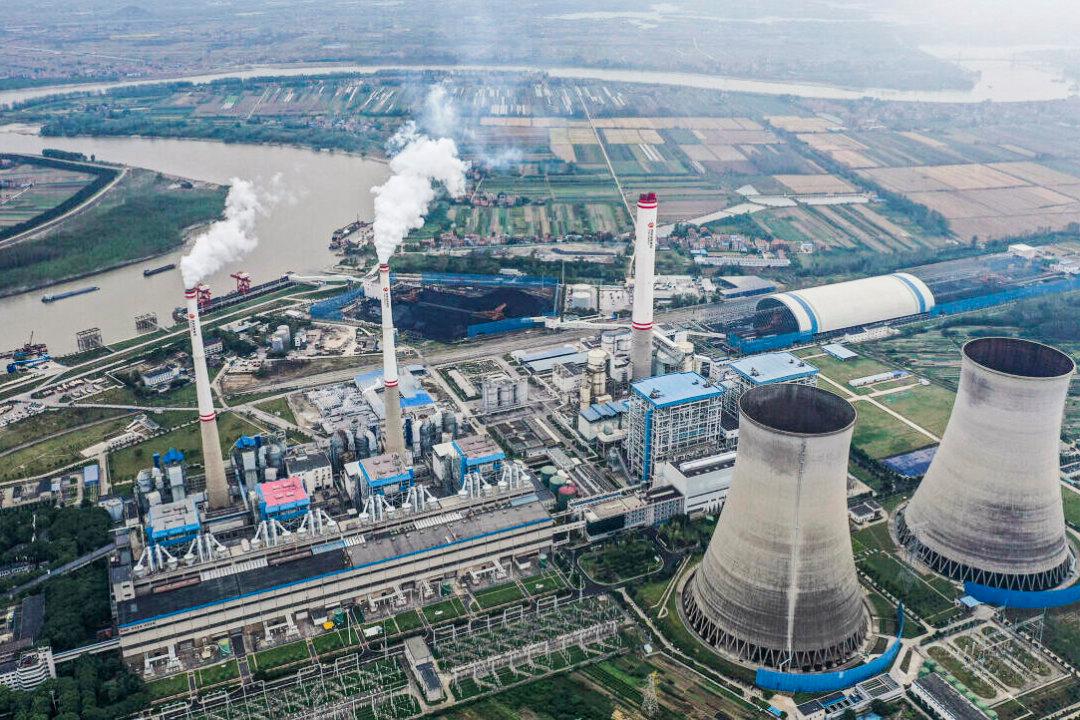Commentary
Mother Nature, we’re told, is incredibly sick. According to one China expert, Chinese leader Xi Jinping is the man to “save the planet.” However, Xi is not an environmentalist; moreover, as this short piece demonstrates, Beijing’s climate-based pledges are heavy on promises, but devoid of genuine progress.





